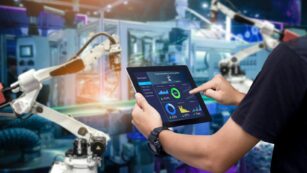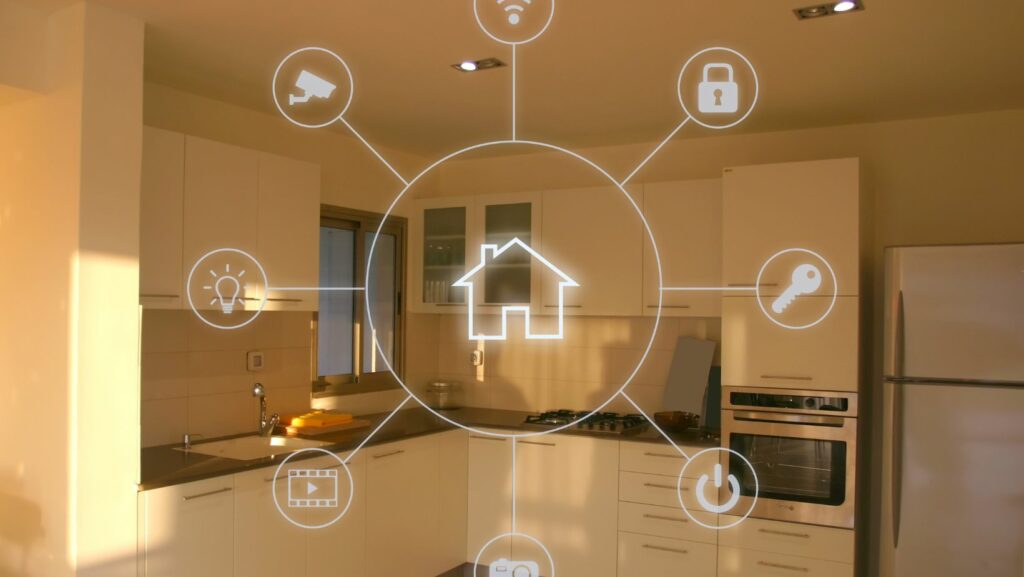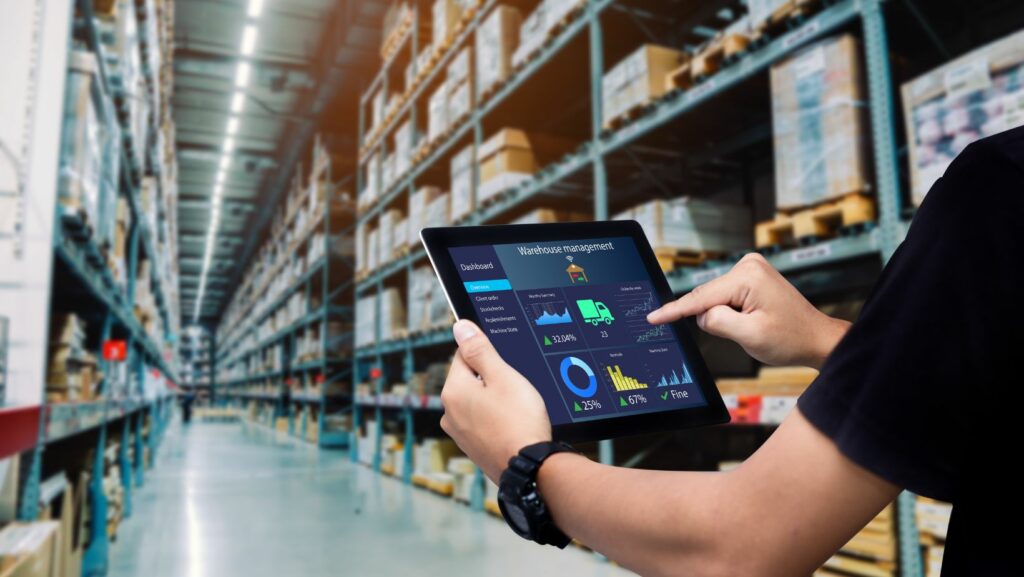Smart technology services are transforming the way individuals and businesses interact with technology. From smart home devices that enhance everyday living to advanced enterprise solutions that streamline operations, these services are making life more efficient and enjoyable. As innovation continues to accelerate, understanding the benefits and applications of smart technology becomes essential for staying competitive in a fast-paced world.
Smart Technology Services
 Smart technology services encompass a broad range of solutions that enhance everyday experiences and business operations. These services leverage artificial intelligence (AI), the Internet of Things (IoT), and automation to deliver improved functionality and efficiency.
Smart technology services encompass a broad range of solutions that enhance everyday experiences and business operations. These services leverage artificial intelligence (AI), the Internet of Things (IoT), and automation to deliver improved functionality and efficiency.
Smart technology services play a pivotal role in driving innovation across various sectors. Adopting these services positions both individuals and businesses for success in an increasingly connected environment.
Types of Smart Technology Services
Smart technology services encompass a variety of solutions designed to improve daily life and operational efficiency. Key categories include home automation, smart health services, and smart transportation solutions.
Home Automation
Home automation refers to systems that enhance the management of household activities. Users control devices through smartphones or voice assistants. Common applications include smart lighting, which adjusts brightness based on occupancy, and smart thermostats, which optimize energy consumption by learning user preferences. Security systems with smart cameras provide real-time surveillance and remote access, ensuring safety. Integration with IoT devices allows for seamless communication among appliances, resulting in increased convenience and energy efficiency.
Smart Health Services and Smart Transportation Solutions
 Smart health services utilize technology to monitor and improve health outcomes. Wearable devices track vital signs, enabling users to manage fitness levels and maintain a healthy lifestyle. Telehealth platforms facilitate remote consultations, connecting patients with healthcare professionals, while data analytics offer insights into treatment effectiveness. Medication management apps remind users of prescriptions and dosages, promoting adherence to treatment plans. These services enhance patient engagement and make healthcare more accessible and personalized.
Smart health services utilize technology to monitor and improve health outcomes. Wearable devices track vital signs, enabling users to manage fitness levels and maintain a healthy lifestyle. Telehealth platforms facilitate remote consultations, connecting patients with healthcare professionals, while data analytics offer insights into treatment effectiveness. Medication management apps remind users of prescriptions and dosages, promoting adherence to treatment plans. These services enhance patient engagement and make healthcare more accessible and personalized.
Smart transportation solutions streamline the movement of people and goods. Fleet management software improves route planning and reduces fuel consumption, significantly enhancing operational efficiency. Ride-sharing applications connect drivers and riders in real time, offering convenient transportation options. Public transportation systems leverage smart ticketing and real-time tracking to improve commuter experiences. Autonomous vehicles are at the forefront of this sector, promising increased safety and reduced traffic congestion as technology evolves.
Impact of Smart Technology Services
Economic Benefits and Environmental Impacts
 Smart technology services create substantial economic benefits. Increased productivity results from automation, enabling businesses to allocate resources more efficiently. Businesses leveraging tools like employee productivity applications and fleet management software report time savings upwards of 30%.
Smart technology services create substantial economic benefits. Increased productivity results from automation, enabling businesses to allocate resources more efficiently. Businesses leveraging tools like employee productivity applications and fleet management software report time savings upwards of 30%.
Cost reductions manifest through energy-efficient smart home devices, which can lower utility bills by as much as 20%. The creation of new markets for smart technology products stimulates job creation, as industries expand to meet consumer demand. Overall, an estimated economic impact of $1.2 trillion is projected in the IoT sector by 2025, highlighting the revenue potential of these innovations.
Smart technology services also yield positive environmental impacts. Energy management systems in smart homes help reduce energy consumption, leading to lower carbon emissions. Buildings equipped with smart technologies cut energy waste by 10-30%.
Smart transportation solutions minimize congestion and emissions through optimized routing and vehicle sharing. Implementing smart solutions in urban planning can lead to a 25% reduction in greenhouse gas emissions. Overall, smart technology adoption fosters sustainable practices that contribute to a healthier planet.
Challenges and Considerations
 Adopting smart technology services comes with its own set of challenges. Users must navigate issues like data privacy and security risks while ensuring seamless integration with existing systems. Additionally, the rapid pace of technological advancement can make it difficult for individuals and businesses to stay updated.
Adopting smart technology services comes with its own set of challenges. Users must navigate issues like data privacy and security risks while ensuring seamless integration with existing systems. Additionally, the rapid pace of technological advancement can make it difficult for individuals and businesses to stay updated.
Despite these challenges, the benefits of embracing smart technology far outweigh the drawbacks. By focusing on innovation and sustainability, organizations can enhance their operational efficiency and contribute to a greener future. As smart technology continues to evolve, staying informed and adaptable will be crucial for maximizing its potential.



